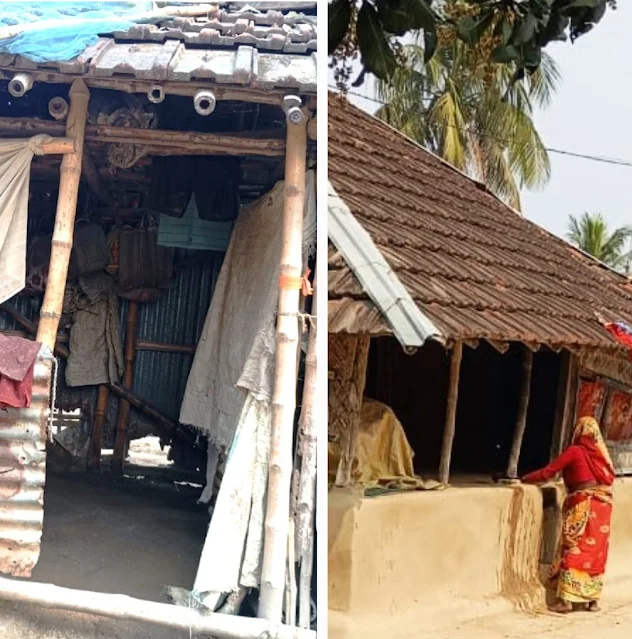A grave humanitarian and security crisis has emerged in Ranghat village, located in Bagdah Block, North 24 Parganas, West Bengal, as residents face continuous threats from cross-border criminals and restrictions imposed by the Border Security Force (BSF). The Banglar Manabadhikar Suraksha Mancha (MASUM) has formally petitioned the National Human Rights Commission (NHRC), seeking urgent intervention to address human rights violations, socio-economic isolation, and security vulnerabilities affecting nearly 3,000 residents.
In its letter to the NHRC, MASUM Secretary Kirity Roy detailed the plight of the villagers, who belong to OBC Muslim and Scheduled Caste Hindu communities and rely on farming and fishing in the Kodalia River for survival. The letter highlights that Ranghat village is nearly encircled by Bangladesh, with only a narrow southern corridor connecting it to India. This geographical reality has made the village a target for cross-border crimes, including theft, robbery, and dacoity, while also subjecting villagers to constant scrutiny, arbitrary searches, and harassment by BSF personnel.
The absence of proper border fencing has left the area exposed to infiltration, while the heavy monitoring of the village’s only exit by the BSF's Ranghat/Jitpur B.O.P. (B.N.- 68) has resulted in restrictions on movement. Women and girls reportedly face humiliation during security checks, children are frequently stopped and questioned on their way to school, and villagers live in a state of perpetual insecurity.
MASUM has condemned these actions as violations of Articles 14, 19(1)(d), and 21 of the Indian Constitution, which guarantee equality, freedom of movement, and protection of life and liberty. The petition also cites India's international commitments under the International Covenant on Civil and Political Rights (ICCPR) and the Protection of Human Rights Act, 1993.
The letter calls upon the NHRC to:
1. Relocate BSF operations to the actual international border, ensuring villagers are not subjected to undue restrictions.
2. Conduct an independent inquiry into human rights violations and security threats.
3. Secure the border with proper fencing and increased patrolling to prevent infiltration.
4. Ensure that BSF personnel operate within legal limits without harassing civilians.
5. Provide compensation and rehabilitation support for victims of cross-border crimes and BSF excesses.
6. Implement socio-economic development programs to integrate Ranghat with the mainstream.
The petition emphasizes the state’s constitutional duty to protect its citizens. It cites the Supreme Court's 2023 Sunil Saini judgment, which reaffirms that a state’s legitimacy rests on its ability to safeguard lives and property.
The NHRC has yet to respond to the plea, but activists argue that swift action is necessary to prevent further suffering in one of India's most vulnerable border villages.


Comments